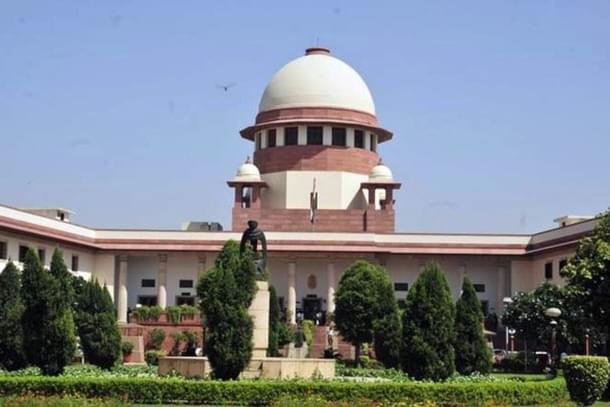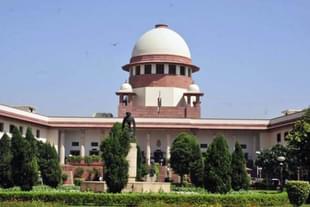News Brief
Centre Opposes Interim Stay On New Waqf Laws In Supreme Court—What You Need To Know
Kuldeep Negi
Apr 25, 2025, 04:03 PM | Updated 04:03 PM IST
Save & read from anywhere!
Bookmark stories for easy access on any device or the Swarajya app.


The Centre on Friday told the Supreme Court it would oppose any stay, partial or complete, on implementation of the new Waqf law, NDTV reported.
The government, in a submission to the apex court on Friday (25 April) argued that in such cases it is a settled position in law that courts do not have authority to stay statutory provisions, either directly or indirectly.
"There is a presumption of constitutionality that applies to laws made by Parliament and an interim stay is against the principle of balance of powers," it said.
"The law has been made on the recommendations of a Joint Parliamentary Committee... followed by an extensive debate in both Houses of Parliament," it added.
The submission added that although the Supreme Court could later review the law's constitutionality, blocking its implementation at this stage would disturb the "delicate" separation of powers among the branches of government.
"And, while the Supreme Court undoubtedly has the power to examine the constitutionality of the law, at this interim stage the grant of an injunction against operation of any provision would be violative... of the delicate balance of power between the different branches of the State," it said.
Highlighting the nature of the petitions, the Centre said they do not complain of injustice in any individual case" and hence do not call for protection by any interim order.
Last week the court had made it clear it would not trespass into the domain of the Legislature, and that the separation of powers had been made clear by the Constitution.
The apex court is currently batch of petitions challenging the new laws, which include rules that non-Muslim members must be part of the Central Waqf Council and state-specific boards, and that donations may only be made by practicing Muslims.
Petitioners have claimed that the new rules breach several fundamental rights.
During earlier arguments, the bench had asked tough questions of the government, including if it would allow Muslims to part of Hindu endowment boards.
In the last hearing the court had said it was considering an interim stay.
However, the interim stay was put on hold after the government sought additional time to respond.
A key takeaway from the hearing was the government's assurance that, for now, there would be "no Waqf appointments... (and) no change in status (of properties claimed by Waqf boards)".
Also Read: Identify And Deport All Pakistani Nationals: Amit Shah To States
Kuldeep is Senior Editor (Newsroom) at Swarajya. He tweets at @kaydnegi.





